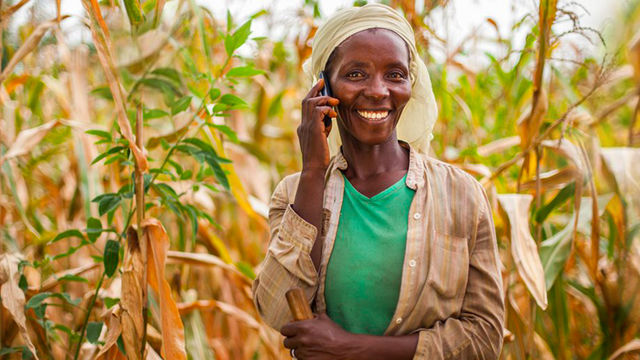A new report by the GSMA’s 2019 Mobile Gender Gap has revealed that 80percent of women in low and middle income countries, represented 250 million have become connected to mobile devices since 2014, giving more than half of them access to the Internet.
The report, which also predicted a $140 billion commercial opportunity for the mobile industry over the next 5 years as a result of the gradual closure of the mobile gender gap, however disclosed that despite the growth in connectivity, the gender gap in mobile ownership is not closing.
It argues that women remain 10 per cent less likely than men to own a mobile phone in low- and middle-income countries, and 23 per cent less likely than men to use mobile internet. The mobile gender gap varies by region and country, but is widest in South Asia where women are 28 per cent less likely than men to own a mobile device and 58 percent less likely to use the mobile internet.
“We are seeing significant increased mobile access for women, however, in an increasingly connected world, women are still being left behind,” said Mats Granryd, Director General, GSMA, adding that while mobile connectivity is spreading quickly, it is not spreading equally largely to unequal access to mobile technology threatens to exacerbate the inequalities women already experience.
Thus, mobile operators are taking action to address the mobile gender gap and leading an effort to drive digital and financial inclusion for women. As part of the GSMA Connected Women Programme’s Commitment Initiative, nearly 37 mobile operators from 27 countries across Africa, Asia and Latin America have committed to reducing the gender gap in their mobile money or mobile internet customer base by 2020. These operators have provided over 16 million additional women with access to digital and financial services since 2016.
“Ensuring digital and financial inclusion for women is critically important, as we know that when women thrive, societies, businesses and economies thrive,” added Granryd.
He said, reaching the 432 million women in these countries who are still unconnected will require concerted effort and coordination from the mobile industry, as well as policy makers and the international community.


